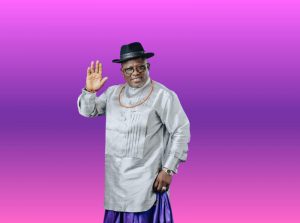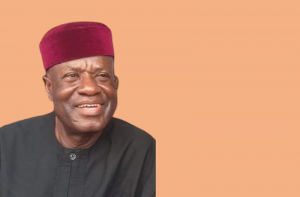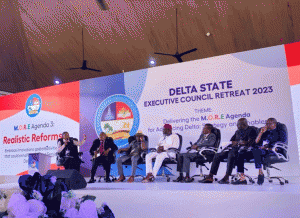For a Better Future, Let’s Stop Holding Multiple Elections Simultaneously.
General elections for the positions of president, senators, and representatives were held in Nigeria on February 25, 2023.
While I was in one of the long queues, waiting patiently for my turn to vote for the party and candidates of my choice, the man who was standing immediately behind me, initiated a discussion between him and one of his friends.
Below is the brief dialogue that ensued between them.
The Man: I’m here to vote for Mr. Peter Obi of the Labour Party, and no one else.”
His Friend: Does it mean you won’t vote for other Labour Party candidates who are vying for the offices of senator and representative, which are also taking place simultaneously today?
The Man: [cleared his throat, so that he could be heard clearly] Exactly! I’m here to vote for Mr. Obi because I’ve read and heard so much about his enviable records, as well as his plans for Nigeria. For other candidates that I don’t know anything about, I won’t vote for them. I’d simply leave the position of a thumbprint in front of them vacant.
His Friend: It is better or advisable for you to vote for them, just as you plan to vote for Mr. Obi, if not for anything else, at least for the sake of Mr. Obi.
The Man: Because you said so, I’ll do so.
Apart from those men, I also eavesdropped on the conversation of some other voters who said they would vote for Mr. Obi and also for other Labour Party candidates in that day’s elections, whether they knew those other candidates or not.
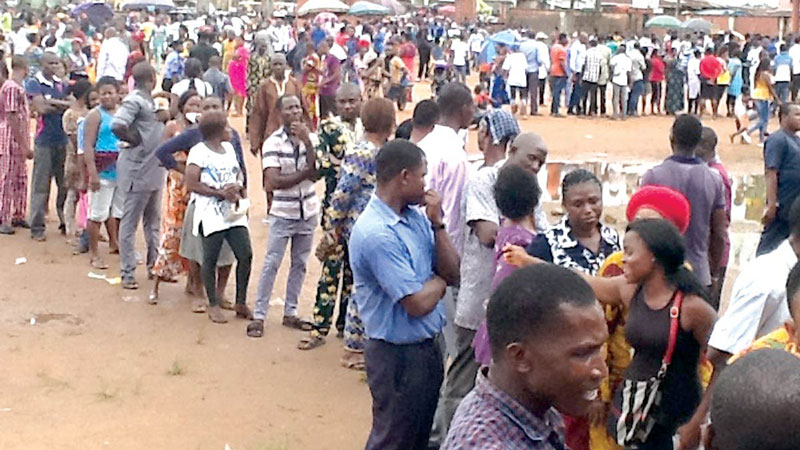
That was an undue advantage, politically speaking, and must be discouraged in our politics, in all its forms.
For a Better Future, Let’s Stop Holding Multiple Elections Simultaneously: The Danger of Voting for the Person You Do Not Know Much About
The reason the Independent National Electoral Commission, INEC, provides for the electioneering campaign by political parties is to enable their candidates to go around the villages, towns, local government areas and states, for the purpose of meeting with and telling the electorate who they are and what they plan to do for the electorate if voted for.
This is because voting for someone you do not know or have enough information about, as we saw or observed during the last elections, is a misnomer with two major dangers.
Danger #1
It gives room for mediocrity as the person you voted for, without much information about, may not have been qualified or eligible for the position he or she contested for, and when that becomes the case, the people he or she chose to represent would not get the right or quality representation.
Danger #2
Voting for someone you do not know or have enough information about is another definition for ‘gambling,’ and gambling, as you know it, has dire consequences, which every one of us, including gamblers themselves, are aware of.
For example, we read and heard about the news of a roadside mechanic who won an election into one of the legislative arms of our National Assembly.
What business has a mechanic with the business of legislation at the National Assembly level, even if he had a doctorate degree?
Is this not one of the reasons some of our National Assembly legislators spend several years in office without sponsoring a bill or doing something meaningful for their people?
How to Stop or Avoid the Dangers of the Undue Advantage That We Noticed in the Elections of February 25, 2023
How do we stop or avoid the situation where a candidate would win an election, not on personal merit, but on the merit of another candidate, as was noticed in the elections of February 25, 2023?
The surest way to do that is for us to hold our elections on different days.
For example, instead of holding the Presidential and National Assembly elections on the same day, as was done on February 25, 2023, the Independent National Electoral Commission, INEC, should hold such elections on different days.
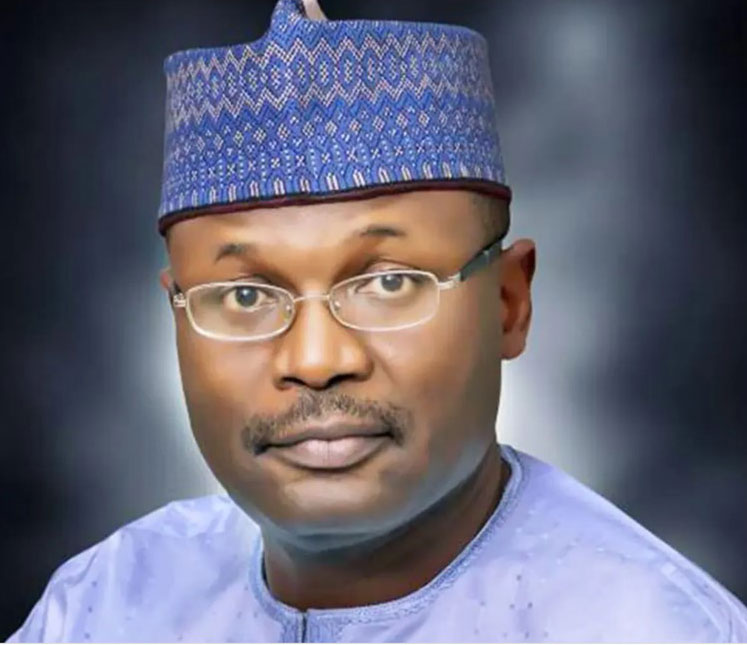
INEC Chairman, Prof. Mahmood Yakubu
The same thing should be done to the governorship and houses of assembly elections which are held on the same day.
Doing so would offer us two advantages.
Advantage #1
It would force every candidate who’s vying for an elective office to meet with the electorate, sell himself or herself to them, as well as tell them his or her plans if voted for.
Advantage #2
It would make it possible for candidates to win their elections based on individual merit, and not on the merit, credentials or successes of another candidate.
For example, if not for the credentials and enviable pedigree of some presidential candidates most other candidates who won their elections that day wouldn’t have done so.
They wouldn’t have won a local government election in their state, let alone an election into any of the legislative arms of our National Assembly.
Most of the successful candidates who won their National Assembly elections, in the last elections, did so because voters were given three ballot papers at the same time; one for the Presidential election, another one for the Senate, and the third one for the House of Representatives.
So, after voting for the presidential candidate of their choice and whom they know well, they simply decided to vote for the candidates for Senate and House of Representatives who were of the same political party as the presidential candidate they voted for, without bothering to discover their identities or suitability.
In summary, therefore, holding our elections on different days would prevent some candidates from enjoying an undue advantage over the more qualified, better, and popular candidates.
INEC should, therefore, consider this advice and do the needful, especially in our future elections.
For a Better Future, Let’s Stop Holding Multiple Elections Simultaneously. THE END.
PS: Feel free to reach the publishers of this blog via its contact page.

